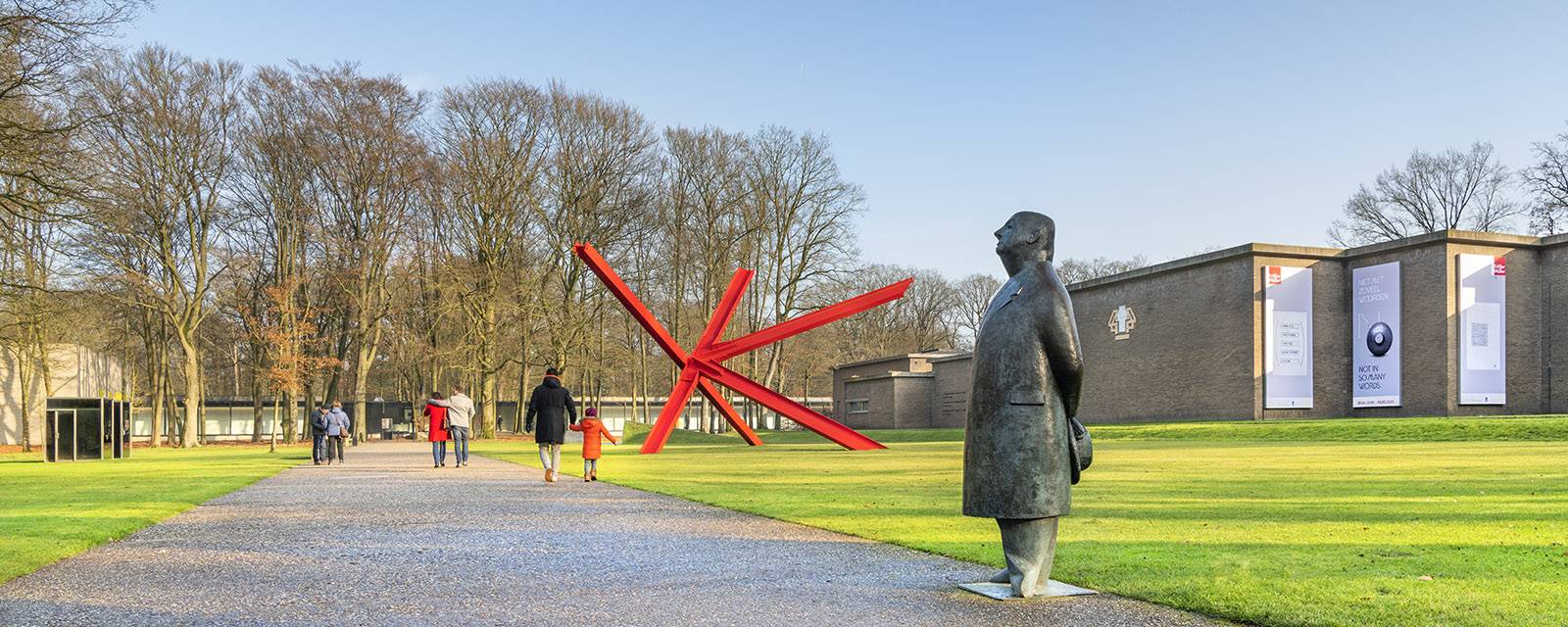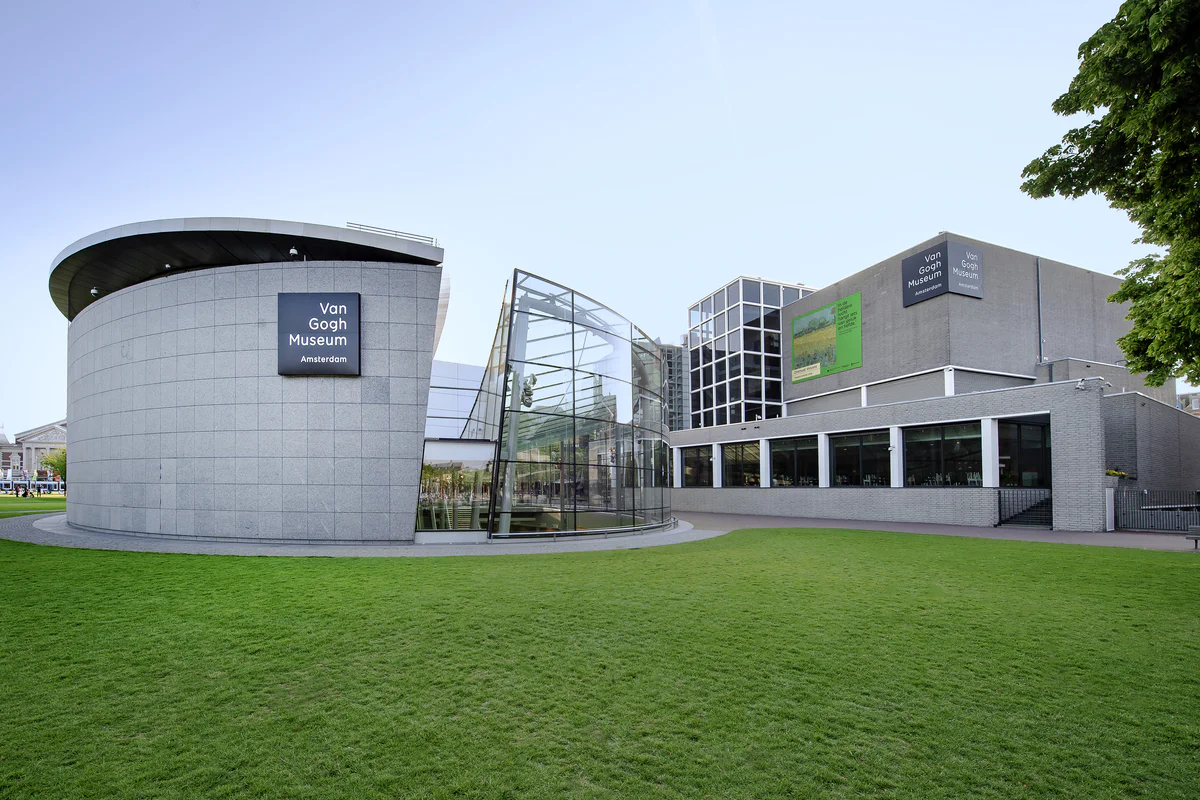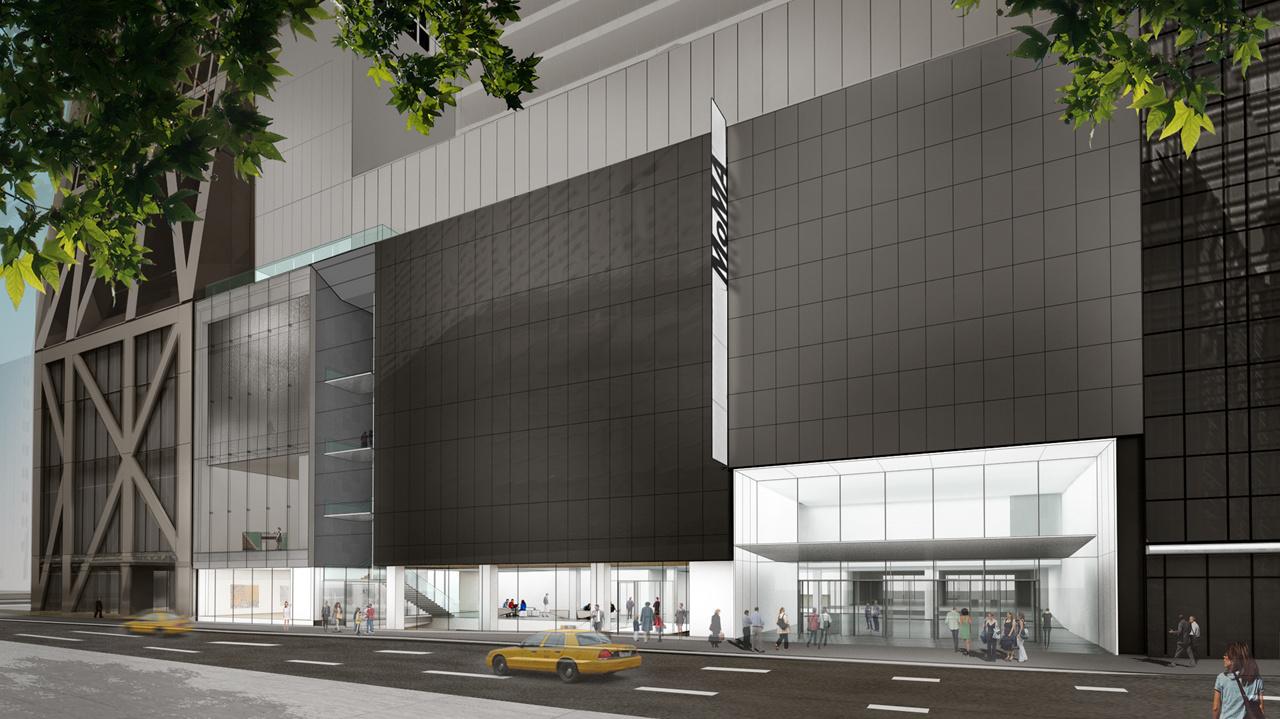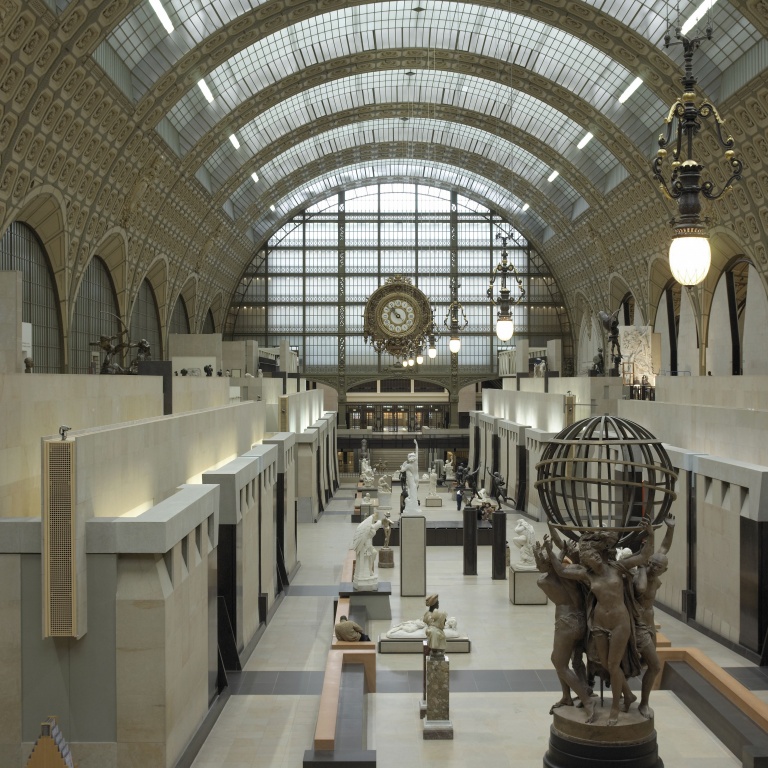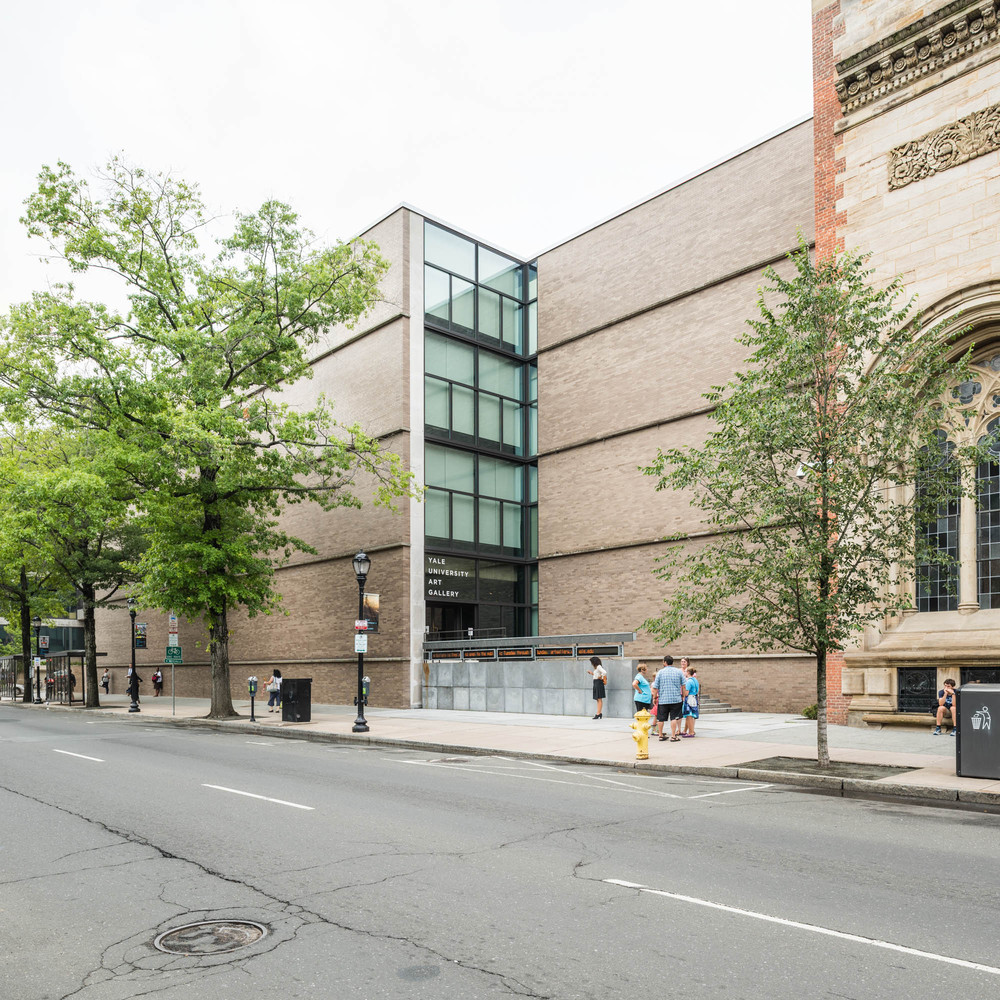Kröller-Müller Museum
About:
Some of the artist’s earliest works hang in the Kröller-Müller Museum, a sleek, glass-walled venue in
forested parkland near the village of Otterlo, the Netherlands. Still Life with Yellow Straw Hat shows a
collection of objects on a desk, and probably dates to late-1881, making it one of three artworks that vie
for the title of being Van Gogh’s oldest-known painting. A number of sketches are also on display here that
are even older, mostly comprising of portraits of labourers in the village of Etten, where Van Gogh returned
to live with his parents to pursue art in earnest (something his parents weren’t overly enthused about).
Address:
Kröller-Müller Museum
Houtkampweg 6
6731 AW Otterlo
The Netherlands
Phone Number:
+31 (0)318 591 241
E-Mail:
[email protected]
Van Gogh Museum
About:
The world’s largest collection of Van Gogh art can – fittingly – be found in the Van Gogh Museum, Amsterdam.
It is here that art lovers will also find what is considered by many to be the Dutchman’s first masterpiece,
The Potato Eaters.
The work, painted in 1885, continues Van Gogh’s interest in capturing the harsh reality of peasant life on
canvas, with the painting depicting five farm workers sitting down for a meal together in a dimly lit scene;
a style choice that contrasts sharply with the artist’s later works that are revered for their use of vivid
colours.
As the de facto hub of Van Gogh’s artistic legacy, the museum is practically bursting with important works
from throughout the artist’s life, including The Yellow House, depicting the building where the painter
lived and worked in Arles, and Almond Blossoms, which was a gift from Van Gogh to his brother Theo (who
supported him financially throughout his art career) following the birth of his son.
While here, visitors should also make time to see The Painter of Sunflowers, a portrait of Van Gogh at his
easel painted by his long-time friend, occasional enemy and artistic contemporary, Paul Gauguin (though Van
Gogh was initially not a fan of the work, saying Gaugin had painted him as a ‘madman’).
Address:
Van Gogh Museum
P.O. Box 75366
1070 AJ Amsterdam
The Netherlands.
Phone Number:
(020) 570 52 00
E-Mail:
[email protected]
The Museum of Modern Art (MoMA)
About:
Following the, now infamous, ear severing, Van Gogh voluntarily checked himself into the
Saint-Paul-de-Mausole asylum in Provence, France, in 1889.
Despite his struggles with his mental health, it was at Saint-Paul-de-Mausole that Van Gogh created what
many consider his magnus opus, The Starry Night, based on the night-time view from the window of his small
room. The painting hangs in the The Museum of Modern Art (MoMA) in New York and is today deemed to be one of
the most recognisable works in western art.
Two more works of note from this period are on display at the MoMA. The first is Olive Trees in a
Mountainous Landscape, considered by Van Gogh to be a daytime complement to The Starry Night, and Wheat
Fields with Cypresses, which the artist felt to be his best day-time work. Both share the emblematic wavy
brushstroke technique found in The Starry Night.
Another of Van Gogh’s esteemed works from this period, Irises, which depicts the flowers growing in the
gardens of the Saint-Paul-de-Mausole hospital and was the most expensive painting ever sold at the time of
sale in 1987 ($54 million), is on display at The Getty Center in Los Angeles, California.
Address:
11 West 53 Street, Manhattan,
22-25 Jackson Avenue, Queens
Phone Number:
(212) 708-9400
E-Mail:
[email protected]
Musée d'Orsay
About:
Following spells living in Nuenen, Antwerp and Paris, all of which resulted in relatively little noteworthy
artistic output, Van Gogh decamped to the quiet French commune of Arles in 1888. The change of surroundings
spurred something of a creative awakening in the painter, and a number of his most beloved works from this
prolific period adorn the walls of Paris’s cavernous Musée d'Orsay.
Must-see ‘Arles’ works in the Left Bank museum include the evocative landscape Starry Night Over The Rhone
and a smaller version of Bedroom in Arles (the original hangs in the Van Gogh Museum in Amsterdam). Though
painted later in his career, Portrait of Dr Gachet is another gem in the museum’s collection. The painting
is a second version of the portrait; the first edition of which became the most expensive artwork of all
time when it sold for $82.5 million in 1990. Following the sale, the painting disappeared from all public
records, and its current whereabouts are unknown.
The Musée d'Orsay also houses perhaps the most iconic self-portrait of the artist, with the wavy blue
background. Another famous self-portrait, with the painter sporting his bandaged ear (which he cut off to
give to a brothel worker; more on that later), hangs in The Courtauld Gallery at Somerset House, London,
while a third, depicting the artist in the throes of mental illness, and only officially authenticated in
2020, is on display in the Nasjonalmuseet, Oslo.
Address:
1 rue de la Légion d'Honneur
75007 Paris
Phone Number:
+33 (0)1 40 49 44 58
E-Mail:
[email protected]
Yale University Art Gallery
About:
One of Van Gogh’s best-loved pieces from his time in Arles has found its way to the halls of the Yale
University Art Gallery in New Haven, Connecticut.
The Night Café depicts the interior of an all-night Arles pub, with drunks sprawled over tables, while the
owner stands alone next to an empty billiards table in the painting's centre. The clashing colours and thick
paint strokes evoke the raw emotions associated with such a venue, a place where, as Van Gogh said in a
letter to his brother, ‘one can ruin oneself’.
After staying up for three nights to finish the painting, Van Gogh gave what would become one of his most
celebrated works to the café owner to pay his tab. This was not the only work the painter gave away during
his time in Arles, gifting Portrait of Doctor Félix Rey to the sitter upon its completion. The story goes
that the physician did not like the portrait, however, and used it to repair an old chicken coop. Today it’s
on show at the Pushkin Museum of Fine Arts, Moscow, and thought to be worth over $50 million.
Two other landscape paintings by Van Gogh, one depicting an orchard and another of a square in Paris, are
also on display at the Yale University Art Gallery.
Address:
Yale University Art Gallery
P.O. Box 208271
New Haven, CT 06520-8271
Phone Number:
203 432 0601
E-Mail:
[email protected]
